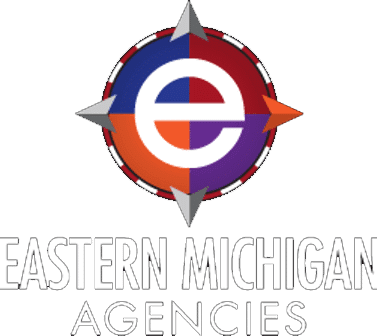No one expects to come into contact with infectious materials, like blood, on the job site. However, sometimes people are injured on the job and you may need to respond. It is important that you are prepared.
Exposure to blood, body fluids, and other potentially infectious materials can be hazardous to your health. Blood and body fluids, for example, may contain bloodborne pathogens—microorganisms that can cause illness and disease. These microorganisms are transmitted through contact with contaminated blood and body fluids.
Dangerous Tasks
There may be times when you need to take extra precautions while performing certain tasks on the job or assisting others who may be ill or injured at work. Some dangerous tasks include those:
- Performed with the use of sharp implements like needles, razor blades, saws, and glass
- Requiring contact with blood and other body fluids
- Requiring the handling or disposing of contaminated trash or waste
- Requiring actions of a first responder, like attending to a bleeding victim or performing CPR
Minimizing Exposure
- Use appropriate personal protective equipment (PPE) when working with blood or infectious materials. Before using, check PPE for damage. Remove PPE carefully to avoid self-contamination. Dispose of contaminated PPE correctly in leak-proof containers designated specifically for disposal or decontamination. Make sure you have been trained in the use of PPE and the training has been documented.
- Use good personal hygiene. Wash exposed skin immediately with soap and water. Wash thoroughly after removing PPE. Flush exposed eyes, nose, or mouth quickly and thoroughly with water. Cover any open wounds or cuts.
- Use good work practices. Minimize splashing of infectious materials. Clean up spills immediately. Clean and decontaminate all equipment and surfaces in contact with blood or other infectious material. Dispose of sharps in a puncture-proof, labeled container.
- Know the proper response for accidental exposures. Report on-the-job exposures promptly, and seek immediate medical attention.
Responding to Exposure
In the event you experience exposure to blood, body fluids, or other potentially infectious materials, immediately:
- Wash the affected area thoroughly
- Report the work incident to your supervisor
- Complete an incident report form
- Promptly begin medical follow-up
If you have a work incident on the job in which your eyes, mouth, other mucous membranes, or broken skin comes into contact with blood or other infectious materials, arrange for an immediate medical evaluation that:
- Documents what happened
- Identifies and tests the source if feasible
- Tests the exposed person’s blood, if consent is obtained
- Provides counseling
- Evaluates any reported illness







